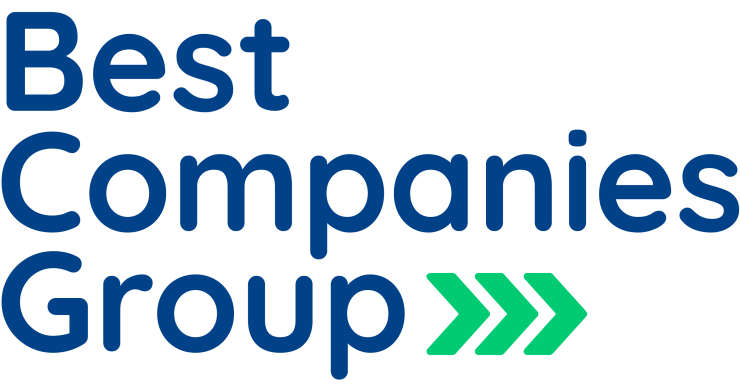“Old age is always fifteen years older than I am.” -Bernard Baruch.
For the first time in history, five generations are working side by side. In a culture that leans to youth, speed, and technical proficiency, the value of workers “of a certain age” is often discounted.
By reframing these older workers as “modern elders” – a term coined by Chip Conley in his recent book Wisdom At Work – the wisdom they bring can add great value to intergenerational teams. Their role as mentors and strategic advisers can complement the energy and technical proficiencies of younger colleagues. Legitimizing modern elders can keep older workers engaged, which can affect the overall employee engagement of the organization’s workforce.
Modern Elders and Wisdom in the Workplace
The capacity for holistic thinking is a key quality that defines wisdom in the workplace. This thinking entails getting to the core meaning of issues by quickly synthesizing a wide variety of information, aided by pattern recognition, and bringing educated hunches into the bigger picture. Age provides an advantage; the longer you’ve been around, the more patterns you’ve seen.
The modern elder’s role may be to balance the ability of a narrowly specialized outlook of a younger worker with the ability to see the bigger picture; intergenerational reciprocity. Modern elders’ mastery of the skills they’ve acquired over a long work life can be applied to new learning. They can move from being wisdom keepers of the past to wisdom seekers of the future. They become what Ken Dychtwald calls “wisdom workers.”
Characteristics of Modern Elders
Modern elders are able to join an air of gravitas with a spirit of humility. They express wisdom in five ways:
- Good judgment. They are proficient at “environmental mastery,” the ability to create or choose environments where they thrive.
- Unvarnished insight. They have the ability to quickly cut through the clutter and find the core issue that requires attention.
- Emotional intelligence. Wisdom isn’t just what you have to say. It’s also about what you understand from wholehearted listening.
- Holistic thinking. While modern elders’ memory and recall may have lost a step, their ability to synthesize critical information and events gets easier.
- Stewardship. As they age, modern elders become liberated from others’ expectations. They’re less concerned about their station in life and career. They have an inherent desire to apply their experience and perspective to positively impact the future.
The Role of the Modern Elder in the Workplace
Modern elders are more than mentors to younger workers. And they are more than advisers and coaches. They blend all these roles. A mentor helps their mentee become better in their work. The mentor helps their mentee make the best decisions for themselves and their career. An adviser offers very specific expertise regarding particular decisions. A coach helps build tactical leadership skills.
An elder is an editor who gets inside the mind of those they advise. The elder distinguishes between what is significant and requires attention and what does not. Modern elders are also master translators who bring a finely-tuned understanding of people and communication styles to bear in a way that contributes to the overall success of the team.
Not all older workers are modern elders. It takes the proper mindset and characteristics to deliver the value that an elder brings. In order to acquire that advantage, modern elders need to be self aware and learn certain lessons. These lessons include evolving to reset our mindset and expectations; learning and adapting our knowledge so that it manifests as wisdom; collaborating to frame problems and create accountability for results, they can provide leadership development in real time for their younger colleagues; and counseling by being a trusted confidant and adviser to their younger colleagues.
With five generations in the workplace, we can operate as separate and isolated cohorts, with generation-specific dialects and talents; or we can achieve intergenerational collaboration and learn from people both older and younger than us. As Chip Conley reminds us, “…life is a series of thresholds, transitions, and reinventions… Being a modern elder is all about reciprocity. Giving and receiving. Teaching and learning. Speaking and listening. Everyone gets older, but not everyone gets elder.”

